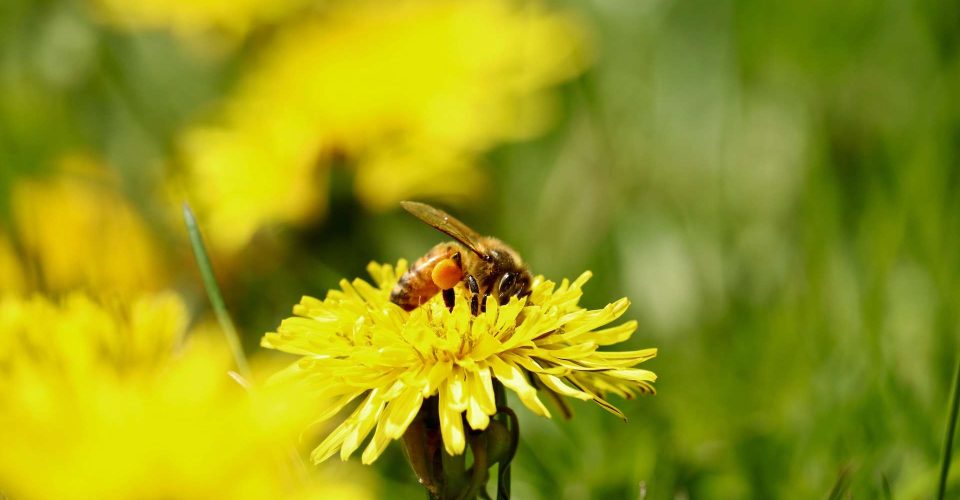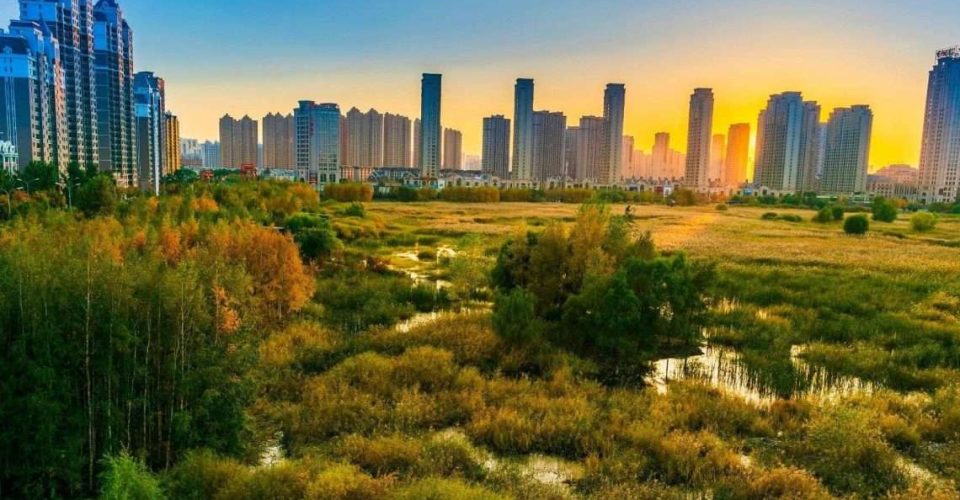So, you have decided to do more with your kitchen scraps, garden waste, and household organic matter. You have welcomed yourself to the beautiful idea of composting to create a powerhouse environment for your plants and future vegetables. Great choice! Composting is an eco-friendly and sustainable way to reduce waste and your environmental impact. Even though choosing the right approach to your composting can seem tricky, we’re here to help.
Taking part in natural decomposition can have lasting benefits to the environment. Embracing composting can bring positive changes in areas such as lawn and garden health to private vegetable gardens, cultivating food security. It is a vital practice for a greener and more sustainable future.
This guide will provide you with the top 5 tips and tricks for generating that garden composting oasis. Whether you are a seasoned gardener looking to elevate your gardening game or simply a beginner embarking on creating the veggie garden of your dreams.
- Location, Location, Location
Just as some flowers need early morning sun and others may need partial shade all day, your composting container needs the right environment to thrive. Plenty of sunlight, away from your home and surrounding homes, with ample drainage and air exposure, is best for your new composting collection. This allows its contents to break down nicely and quickly. Make sure that there is ample water as well. Giving your compost a healthy shower can help its ingredients break down.
- Composting Containment
Once you have found your ideal location for composting, time to find it a home. There is a plethora of composting containers available online, in-store or even as DIY projects. Some of these containers come with handles for easy churning and mixture, others small and dainty for home spaces. It’s important to consider your needs and space to find out which bin will suit you best.
- The Right Ingredients for the Right Recipe
The best food you can give to your compost would be nitrogen and carbon-rich sources. These are also referred to as the ‘browns’ and ‘greens’ of your mixture. Items such as food and veggie scraps, branches, leaves, yard clippings, coffee grounds, tea bags and shredded paper can provide a nutrient-dense concoction for your growing garden.
However, there are some items to avoid. Animal bones, pet waste, fats, oils, greases, aggressive weeds and any chemical-treated wood or paper should not find a home in your composting bin. These items can create issues in biodegradation or contaminate your beautiful compost with toxins and unwanted pests or diseases.
- Layer like a 3-tier composting cake
Layering your compost will provide a better, more efficient biodegradation. The best way to do this is in a 3:1 ratio; 3 parts ‘browns’ for structure and density and 1 part ‘greens’ for the nutrients and food for your compost. This composition will create the perfect biodegradation environment.
Maintaining structure in your compost without your compost ending up smelly, soggy or mouldy is essential. If this happens, a range of remedies can be used to solve the problem. Many experienced composters advise that a healthy balance of carbon-rich ingredients like dried leaves, straw or grasses can help with imbalanced composting cultures.
- Maintenance Matters
Once you have put together your compost collection, maintenance plays a critical aspect in the overall life and longevity of your composting collection. Like any living system, composting will require attention, care and consideration to thrive and deliver optimal results.
For example: regularly turn your compost! Yes, we mean getting in there with a shovel, stick or rake and actively mixing the produce and dirt.
Regularly shifting your compost is recommended to ensure proper mixing of decomposed items to provide an oxygen-rich environment. This will help produce the growth and activity of beneficial microorganisms responsible for the breakdown of your composting components. This can also prevent pests and odours from occurring.
Final Words
Ultimately, composting is a delicate dance between Mother Nature and your kitchen resources. Creating a nutrient-dense composting pile intertwines the environmental responsibility and gardening ingenuity we all hold. Discovering the transformative potential of everyday kitchen scraps and organic waste into a treasure trove of nourishment for your plants and soil.
Composting is nature’s way to help plants thrive, reduce waste, and grow green! Embrace this eco-friendly practice to nurture the environments and gardens around you and create a greener world for all… one compost heap at a time.
.
Photo credit: Photo by Sasha Kim:



